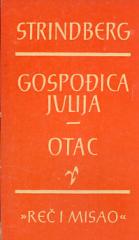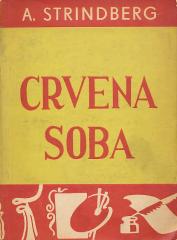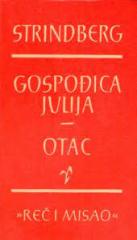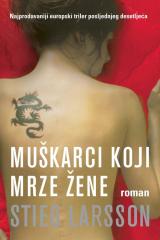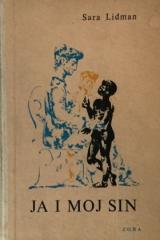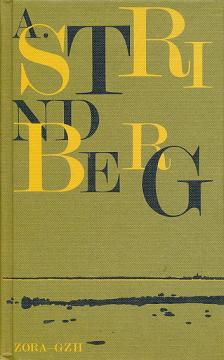
Inferno / Okultni dnevnik : brak s Harrietom Bosse
Das sogenannte Okkulte Tagebuch nimmt im literarischen Erbe Strindbergs einen besonderen Platz ein. Nichts ist damit zu vergleichen.
Das okkulte Tagebuch beginnt am 21. Februar 1896, als sich Strindbergs große Höllenkrise ihrem Höhepunkt näherte. Kurz zuvor ließ er sich im berühmten Pariser Hotel „Orfila“ nieder. „Seit dieser Zeit ...“, schreibt er in Inferno, „bemerkte ich eine Reihe von Enthüllungen, die ich mir nicht erklären konnte, ohne auf die Existenz unbekannter Kräfte zurückzugreifen.“ Seitdem schreibe ich Notizen, die sich nach und nach zu einem Tagebuch häufen.“
Von Anfang an begnügte er sich damit, „ungewöhnliche Fälle“ in prägnanter Form aufzuzeichnen, seltsame Ereignisse und Details, in denen er selbst Wunder oder Zeichen, Botschaften von Kräften sah. Diese frühen Notizen bildeten bald den ersten Entwurf für seine beiden Geständnisse, Inferno und Legends. Allerdings werden seine Notizen für andere nur in einer erweiterten, geordneten Form verständlich, die seine eigenen Interpretationen dieser Beobachtungen ermöglicht. Die Notizen wachsen immer mehr zu einem umfangreichen Geständnis und sind gefüllt mit Überlegungen und Reflexionen und seinen Erfahrungen. Das „Okkult“ tritt immer mehr in den Hintergrund, verschwindet aber dennoch völlig. Besonders seit Harriet Bosse im Jahr 1900 in sein Leben trat, wurde dieses Werk zu einem Tagebuch im üblichen Sinne des Wortes. Von da an rücken Harriet und seine Beziehung zu ihr in den Vordergrund. Nachdem sie ihn endgültig verlassen hat und eine neue Ehe eingegangen ist, beendet er das Tagebuch über sein Leben. Die letzte datierte Notiz stammt vom 11. Juli 1908. An diesem Tag verlässt Strindberg die Wohnung in Karlavagen, in der er und Harriet Bosse nach ihrer Heirat ihr Zuhause gefunden hatten, und zieht in seine letzte Blatornet-Wohnung, Drottninggatan 85. (Aus dem Vorwort von Torsten Eklund)
Im Angebot sind keine Exemplare vorhanden
Das letzte Exemplar wurde kürzlich verkauft.
